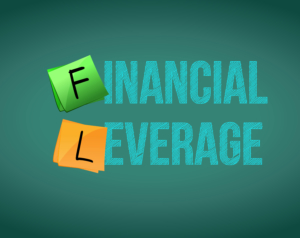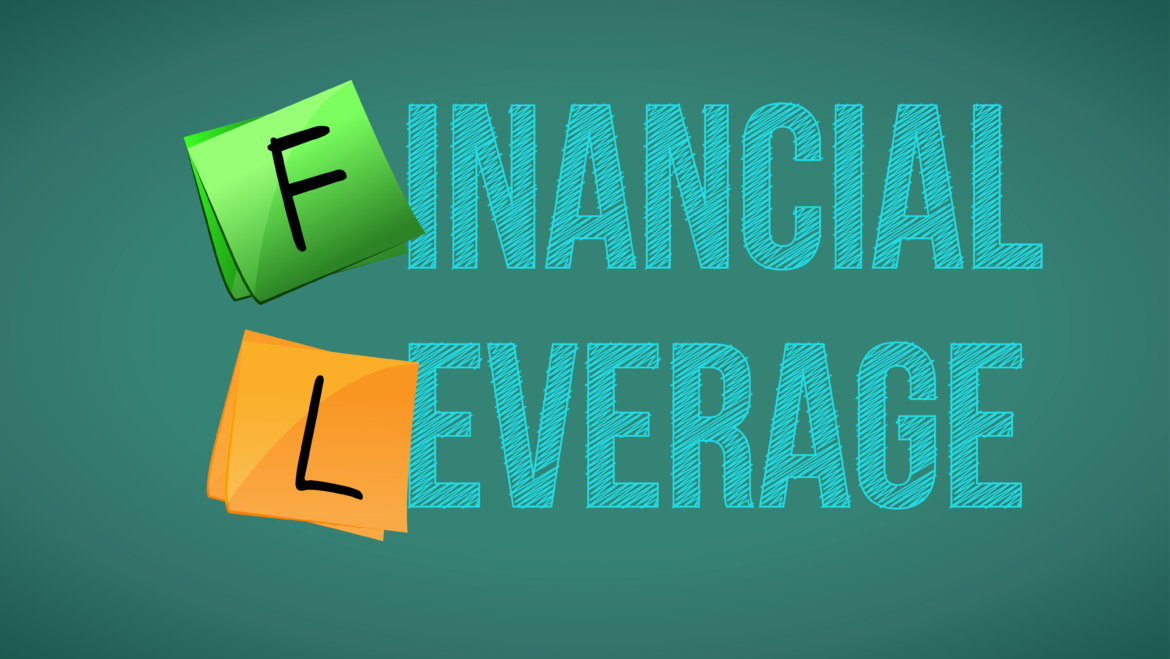Financial leverage is the borrowing of capital to invest with an expectation the return will exceed the cost of the capital.

Financial leverage may or may not be a benefit during differing economic conditions. For example, financial leverage with subprime debt was bad for banks during the recession. However, financial leverage with most real estate investments was good for the consumer in 2008 pre-recession.
Is 2019 the year to take on more or less financial leverage secured by real estate?
Either answer, yes or no, could be the right one depending on the investment type. Financial leverage may be a positive if you’re investing in residential real estate at the right price in Southern California. Due to the limited supply of residential housing relative to demand, the low cost of capital and the strong income generation from this sector, the housing market is a smart asset class for investment.
There are several reasons to take on more financial leverage secured by residential real estate in 2019:
• The cost of capital is low, and you can build equity over time, especially with a long-term hold and the ability to fix the rate.
• The supply of residential housing is tight (especially affordable single family investment properties) resulting in consistent, strong income growth.
• Opportunity Zones – These are specific residential housing investments in geographically designated areas of San Diego County which provide tax advantages(map). Click for more detailed information. Info Article. CA Map.
• Accessory Dwelling Units (ADU) is encouraged in San Diego with looser regulations and lower fees. An ADU is a second dwelling unit on a single family residential property. Click for more information. Additional info.
• Employment in San Diego County is very high as evidenced by an unemployment rate of approximately 3.7%.
• The tax benefits of depreciation and interest expense are still tax deductible.
When considering financial leverage, it is important to know your exit strategy for paying off the debt. There are three exit strategies for financial leverage:
1. Short-term hold – The purpose of the investment is not to generate the income to pay off the debt, but create added value, sell and pay off the debt which will generate a profit, e.g., a fix and flip investment with added value.
2. Moderate-term hold – The interest expense may or may not be serviced by the investment with the primary exit strategy being the sale of the asset with added value for a profit. For example, an investment in an apartment building with rents below market and the units are to be remodeled; will over time raise rents and then sell the asset as the exit strategy.
3. Long-term hold – The debt is repaid with income generated from the asset in a long-term hold strategy, e.g., an investment in a fully occupied apartment building where the rents support the debt service of principal and interest through to the loan payoff.
Financial leverage is neither good nor bad. It depends on the type of investment, the price, the timing, the cost of capital, and the possible income productivity of the asset. If you are considering taking on more financial leverage in 2019, residential housing currently appears to be the investment choice to grow your net worth.
Financial leverage is neither good nor bad. It depends on the type of investment, the price, the timing, the cost of capital, and the possible income productivity of the asset. If you are considering taking on more financial leverage in 2019, residential housing currently appears to be the investment choice to grow your net worth.


